
Coloured gemstones in eastern DRC: Tourmaline exploitation and trade in the Kivus
May 11, 2016Responsible sourcing efforts in the Democratic Republic of Congo (DRC) to date have focused predominantly on the so-called 3TG (tin, tungsten, tantalum and gold) sector. Nevertheless, the artisanal exploitation of other minerals including semi-precious gemstones, such as tourmaline, can also make notable contributions to local livelihoods […]
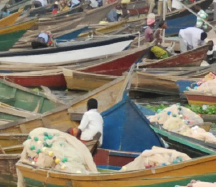
Business, Human Rights and Uganda’s oil. Part III: Respect and Remedy: Implementing corporate responsibility under the UN Framework on Business and Human Rights
December 31, 2015The following is the third in a series of four reports exploring business and human rights issues in Uganda’s oil sector. This series is a collaboration between IPIS vzw and ActionAid Uganda. The 2011 UN Guiding Principles on Business and Human Rights operationalise the 2008 Protect, Respect and Remedy Framework. In accordance herewith, this third report assesses the duty of businesses to respect

Thorns amongst the roses. A Cross-country analysis of human rights issues in flower farms in East Africa
December 31, 2015Floriculture is one of Africa’s most lucrative export sectors and can bring significant benefits to producer communities, but only where operations are conducted in a manner that is sustainable and respectful of the rights of workers and communities. Thorns Amongst the Roses summarises the human rights impacts that the International Peace Information Service (IPIS), the Global Horticultural Worker
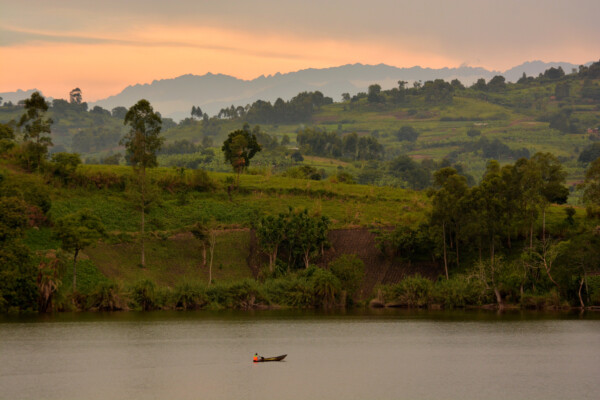
Business, human rights and Uganda’s oil
September 3, 2015In a series of reports, IPIS and ActionAid Uganda assessed the potential effect of the emerging oil sector in Uganda on human rights. Using the UN Guiding Principles on Business and Human Rights as a framework, the reports shed a light on how how government, companies, and civil society could best enable a positive bond between oil and the welfare of the Ugandan people.In a first report, IPIS and
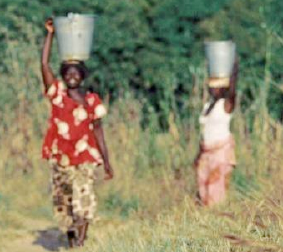
The Right to Water and Sanitation: A Practical Guide
June 1, 2015This guide is designed to raise awareness on the importance of the right to water and sanitation. It is addressed to those who work at the grassroots, and aims at helping them with practical ways to address the challenges of poverty and water issues. The guide adopts a bottom-up approach to highlight the steps that citizens and communities can take together with governments to address water and sa
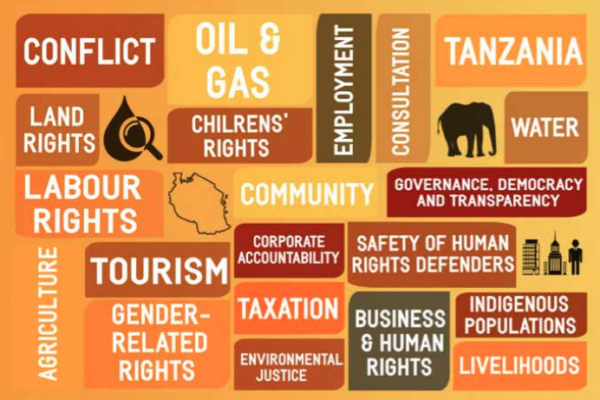
Business & Human Rights in Tanzania: what’s on the agenda?
March 26, 2015On 18 and 19 August 2014, IPIS organised a workshop on Business and Human Rights in close cooperation with the Tanzanian national human rights institution, the Commission for Human Rights and Good Governance. The workshop, which took place in Dar es Salaam, was designed and facilitated by IPIS researchers, Anna Bulzomi and Gabriella Wass, together with Business & Human Rights Resource Centre r

IPIS Insights: Diamonds in the Central African Republic
December 22, 2014Since May 2013 the Central African Republic has been suspended from the Kimberly Process (KP) – a measure maintained by the mechanism’s annual plenary in Guangzhou, China, this November. The CAR’s transitional authorities have been seeking at least a partial lifting of this export ban so that the country might benefit from the much needed revenues its diamonds can generate.1 However, the authoriti
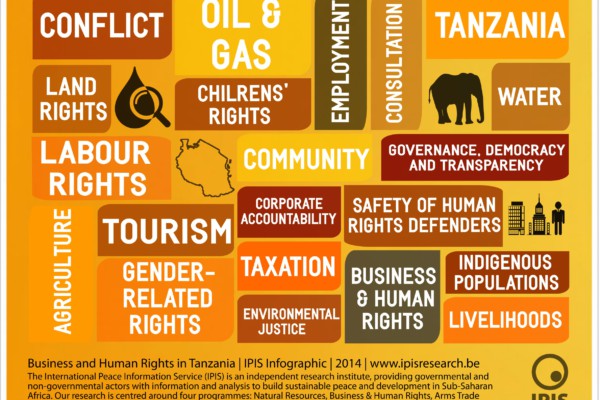
IPIS Launches our Business and Human Rights Learning Programme in Tanzania
October 29, 2014IPIS always endeavours to conduct research in collaboration with local partners. For example, our four paper series on the role of the United Nation’s Guiding Principles on Business and Human Right (UNGPs) in Uganda’s oil sector has been a collaborative effort between IPIS and ActionAid Uganda. Recently, IPIS’ funders – the Belgian Development Cooperation – decided to fund a pilot learning

The Adverse Human Rights Risks and Impacts of European Companies: Getting a glimpse of the picture
October 20, 2014This report presents the findings of a study undertaken by IPIS and commissioned by the European Coalition for Corporate Justice on the extent to which European companies are identified in concerns about adverse human rights risks and impacts. Gathering concerns raised regarding the human rights risks and impacts of companies listed on the UK’s FTSE 100, France’s CAC 40 and the German DAX 30, the

Working paper on China North Industries Group Corporation
October 14, 2014The International Peace Information Service (IPIS) and the Omega Research Foundation (Omega) have undertaken a comprehensive review of one of China’s largest state-owned companies. Norinco – known formally as China North Industries Group Corporation (CNGC) was established in 1999 and consists of at least 46 member units which then have several subordinate companies, joint ventures and associate co

IPIS Insights: The EU draft law on conflict minerals due diligence: a critical assessment from a business & human rights standpoint
April 4, 2014On the 5th of March 2014, the European Commission proposed a responsible trading strategy for minerals from conflict zones. The proposal took place within a specific and timely context. As IPIS has long documented, the exploitation of natural resources can have adverse human rights impacts. Businesses operating in conflict-affected or fragile regions should therefore ascertain whether their direct
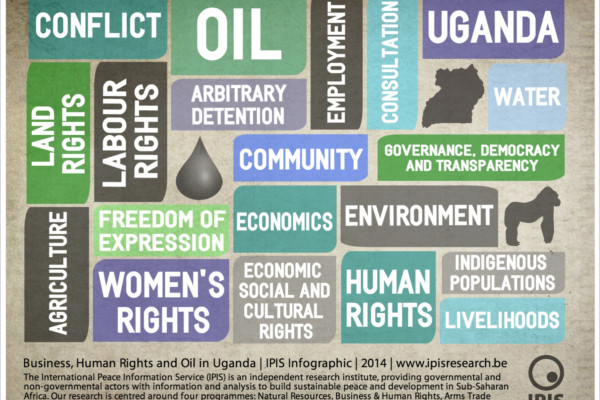
Business & Human Rights in Uganda: What’s on the Agenda?
March 5, 2014A few days after attending the annual UN Forum on Business and Human Rights in Geneva, IPIS Business & Human Rights Analysts Anna Bulzomi and Gabriella Wass boarded a plane to Kampala, Uganda, to run a two-day training with ActionAid Uganda for businesses and NGOs on “What does business & human rights mean, and how can we bring about a healthy relationship between the two?” This document s
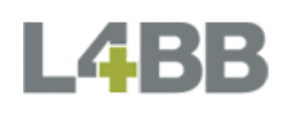
Boundary spanning: moving towards strategic stakeholder engagement
February 3, 2014In today’s globally expanded production and supply chains, most companies have a hard time living up to their commitment to operationalize business & human rights principles. Countless multinational companies, State-owned enterprises (SOEs) and small and medium enterprises (SMEs) in different countries, and across all industry sectors, have faced allegations of labor rights violations, human r

IPIS Insights: The 2nd Annual United Nations Forum on Business and Human Rights, Geneva 2013
January 14, 2014From the 2 – 4 December 2013, IPIS attended the United Nations Forum on Business and Human Rights. The Forum was established by the Human Rights Council and is under the guidance of the UN Working Group on Business and Human Rights. Around 1,700 people registered for this year’s Forum, spanning Civil Society Organisations, individuals who have been adversely affected by business activity, State de

Business, Human Rights, and Uganda’s Oil – Part II: Protect and Remedy: Implementing State duties under the UN Framework on Business and Human Rights
December 18, 2013The following is the second in a series of four reports exploring business and human rights issues in Uganda’s oil sector. This series is a collaboration between IPIS vsw and ActionAid Uganda. In accordance with the UN Guiding Principles on Business and Human Rights, this second report assesses the duty of the Ugandan, British, French and Chinese States to prevent, investigate, punish and redress
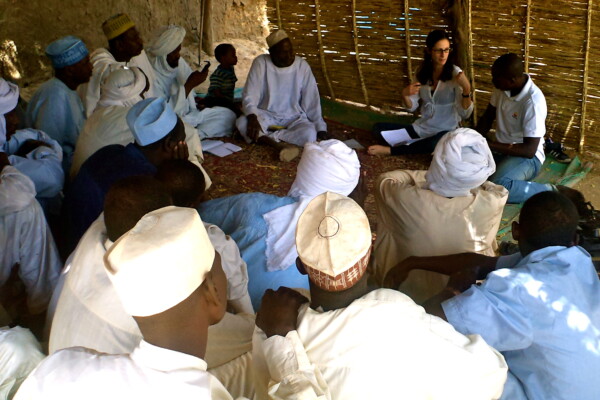
Practice What You Preach: Theory and Practice of China National Petroleum Corporation (CNPC)’s Stakeholder Engagement Plan in Chad
December 11, 2013The past decade has seen a staggering increase in Chinese investment flows in Africa, leaping from USD 392 million in 2005 to USD 2520 million in 2012. Although there is a growing understanding that China’s impact on sub-Saharan Africa is far-reaching and complex, and that Chinese investments on the continent are highly diversified, the majority of business & human rights analysts have tended
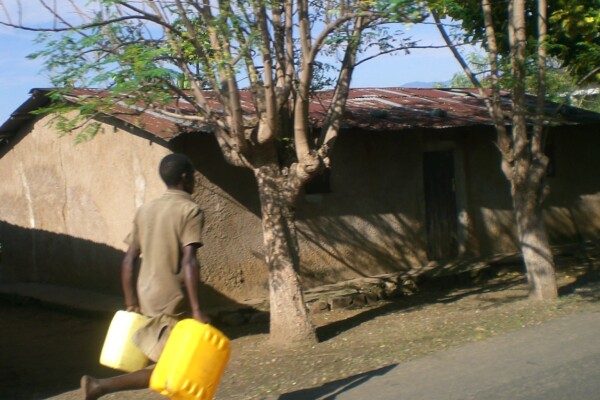
In search of clean water: human rights and the mining industry in Katanga, DRC
November 26, 2013Today, around 1,8 billion people in the world do not have access to safe water. In the Democratic Republic of the Congo, the most water-rich country in Africa, 51 million people lack access to potable water; only 26% of the population has access to safe drinking water. This is one of the lowest access rates in the world. In the Katanga province, rich in cobalt and copper, some industrial mining co

IPIS Insights: Kimberley Process: observations from the sidelines. Part I
November 20, 2013Ten years after the launch of the Kimberley Process Certification Scheme (KPCS) this paper is the first in a two part series providing an overview of where the Kimberley Process and international efforts to combat the trade in conflict diamonds currently stand. It will analyse some of the present challenges facing the system and some of the potential solutions on the table. This part (Part I) will

OECD Due Diligence Guidance for Responsible Supply Chains of Minerals
October 5, 2013On an yearly basis, IPIS takes part in the OECD Forums on Responsible Mineral Supply Chain. These meetings provide the opportunity to review and discuss the implementation of the OECD Due Diligence Guidance for Minerals and to present IPIS’s findings to a wide audience. Read IPIS’ news on the Forum IPIS at the OECD Forum on responsible mineral supply chain April 28, 2017 IPIS is delighted to part

IPIS Insights: Why businesses should assess human rights impacts from the outset of projects. SOCO International Oil Company in Virunga National Park, DRC
August 5, 2013SOCO International, a British oil company, is prospecting for oil in the Democratic Republic of Congo’s Virunga National Park – a World Heritage Site. For the past year, their presence has been criticised for putting a fragile environment at risk. However, more recently, their impact on human rights has also been questioned. Below, IPIS looks at why it is so vital for companies to employ rights-re

